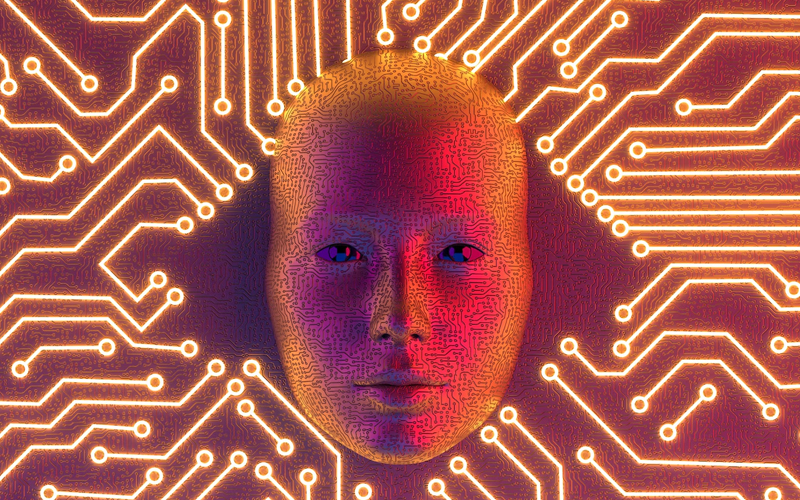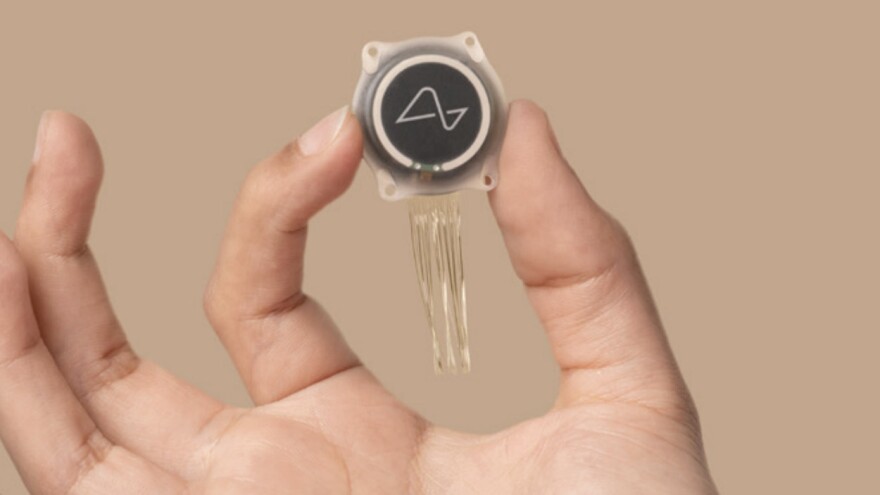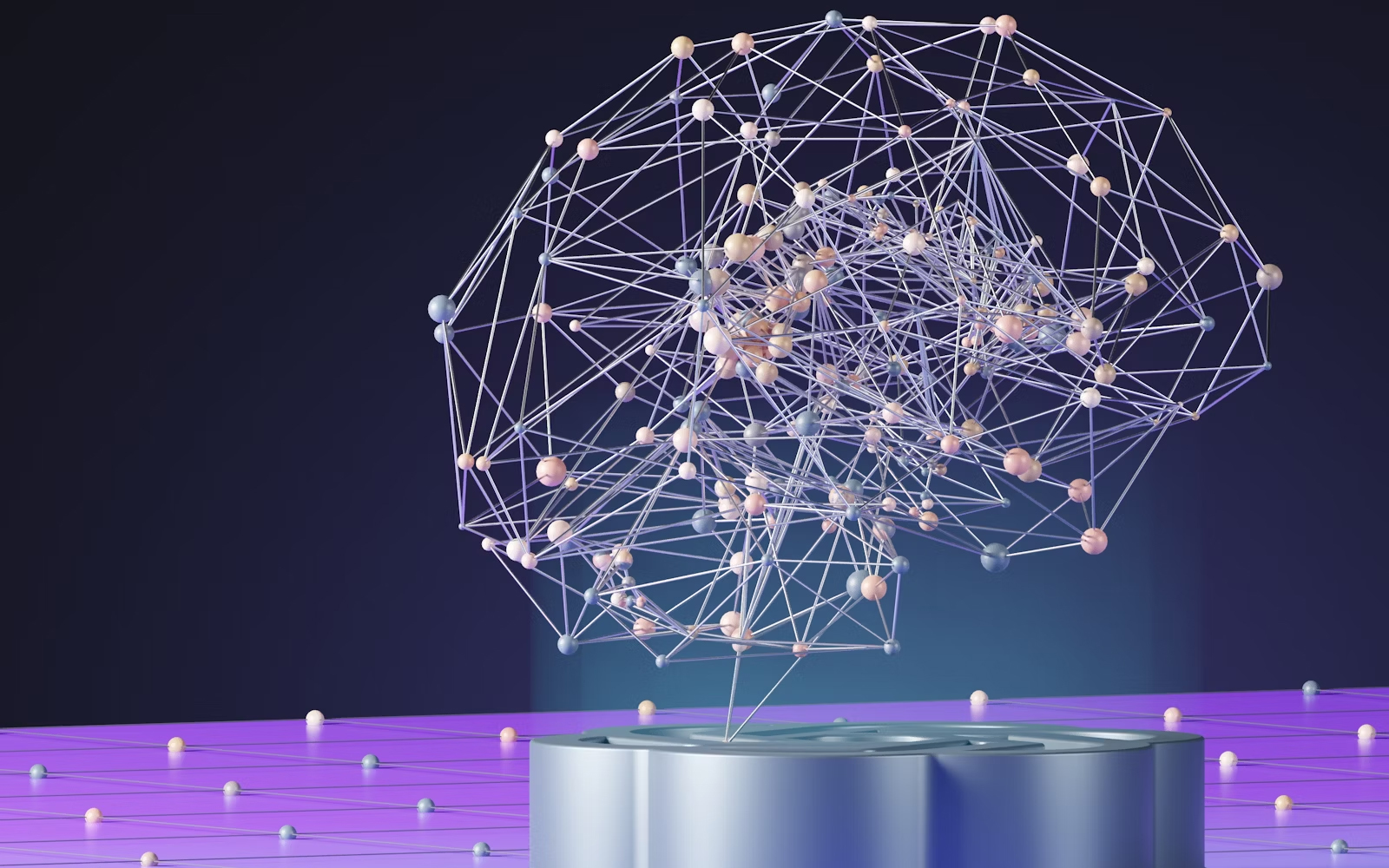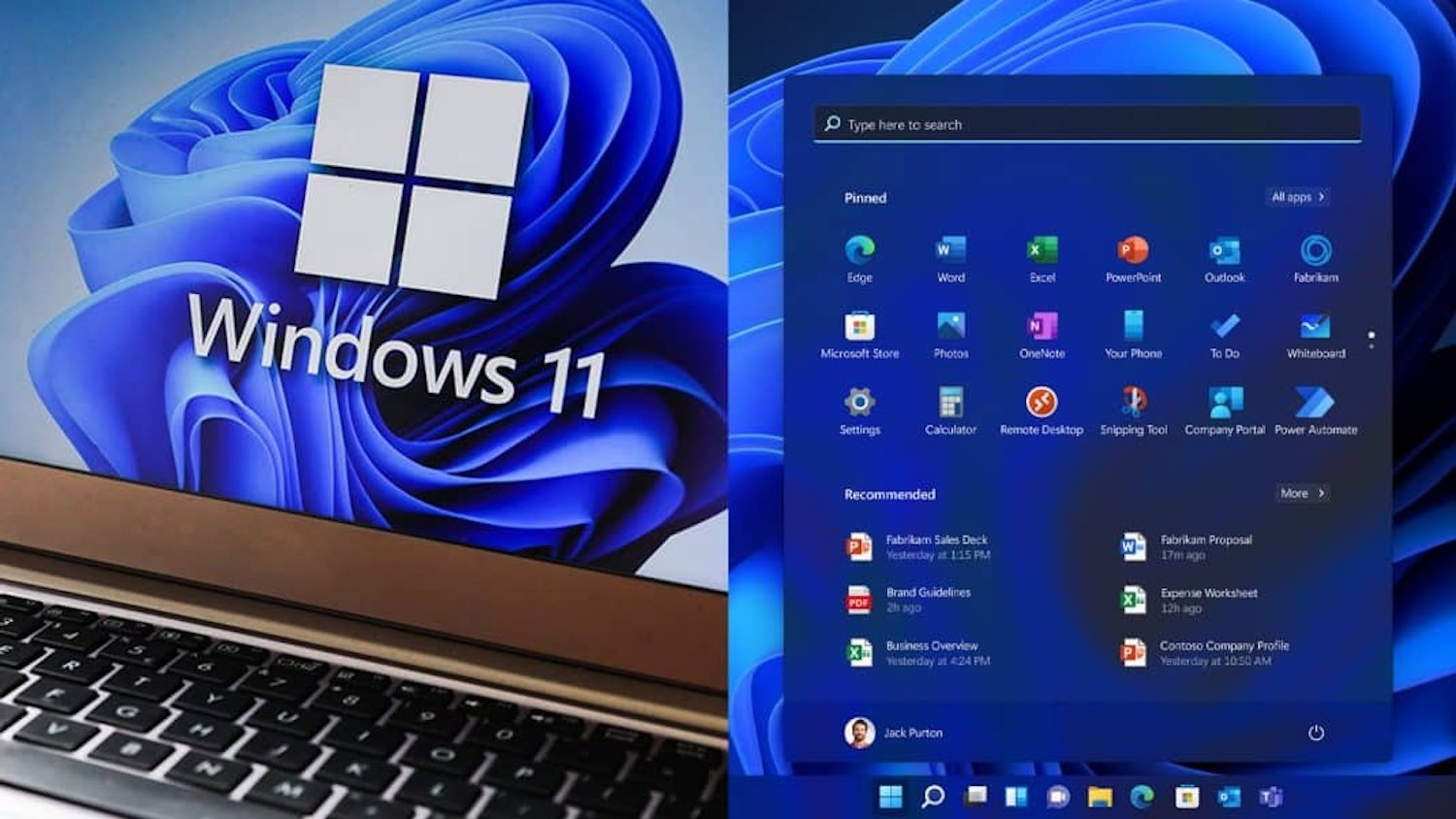
Noland Arbaugh, the first person to have successfully received a Neuralink brain chip implant, recently shared how this revolutionary technology has transformed his life.
In an interview with Good Morning America, he stated that the device allows him to almost fully control a computer using just his thoughts. For people with paralysis, this represents a significant step towards improving their quality of life.
Arbaugh described how the implant enables him to do things he never imagined possible. “I can control a computer just like anyone else, which I couldn’t do before.” His participation in this scientific project could pave the way for others in similar situations.
“I knew that if I did this, it would save a lot of suffering and pain for people in the future,” he added. Although the surgery went smoothly, Neuralink’s technology faces many challenges. Recently, issues arose that threatened the removal of the device from his brain.
Some data was lost due to several threads of the implant detaching. Arbaugh admitted it was emotionally challenging: “It was very, very hard to give up all the amazing things I could do. I think I cried after that.”

Despite these setbacks, Neuralink has managed to adapt and improve the technology. Arbaugh now hopes for a day when treating spinal cord injuries won’t seem so hopeless. “I don’t think it’s as far off as people think. It will be amazing if someone with a spinal injury can have surgery and walk out of the hospital a few days later. I think it will happen,” he added.
Arbaugh’s journey to this point has not been easy. Eight years ago, he sustained a spinal cord injury in “an unfortunate diving accident,” which resulted in quadriplegia (paralysis of all four limbs and torso).
Symbiosis between Humans and AI
Neuralink is a brain technology startup founded by Elon Musk. Its brain implant allows patients to use their thoughts to control a computer. Musk announced that the company would start working with patients who have severe physical limitations, such as cervical spinal cord injury or quadriplegia.
Neuralink’s goal is to surpass human capabilities, treat neurological disorders like amyotrophic lateral sclerosis or Parkinson’s disease, and perhaps one day achieve a symbiotic relationship between humans and artificial intelligence. Neuralink’s ambitions are vast, but they face numerous technical and ethical challenges. Experts warn of the risks that could arise if AI is not approached safely and responsibly. Both private and public sectors must collaborate to ensure that these technologies serve humanity and do not pose a threat. Arbaugh’s story is a vivid example of how technological advancements can transform the lives of people with disabilities. Neuralink is at the forefront of this transformation, and its successes could open new possibilities for the treatment and rehabilitation of patients with neurological disorders.


